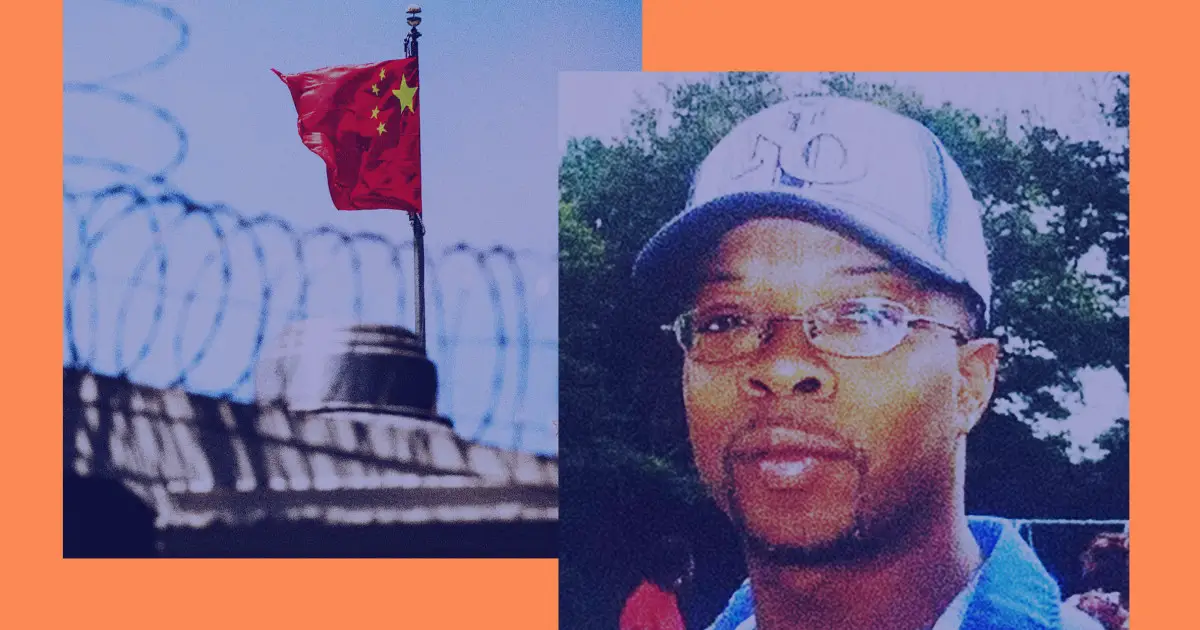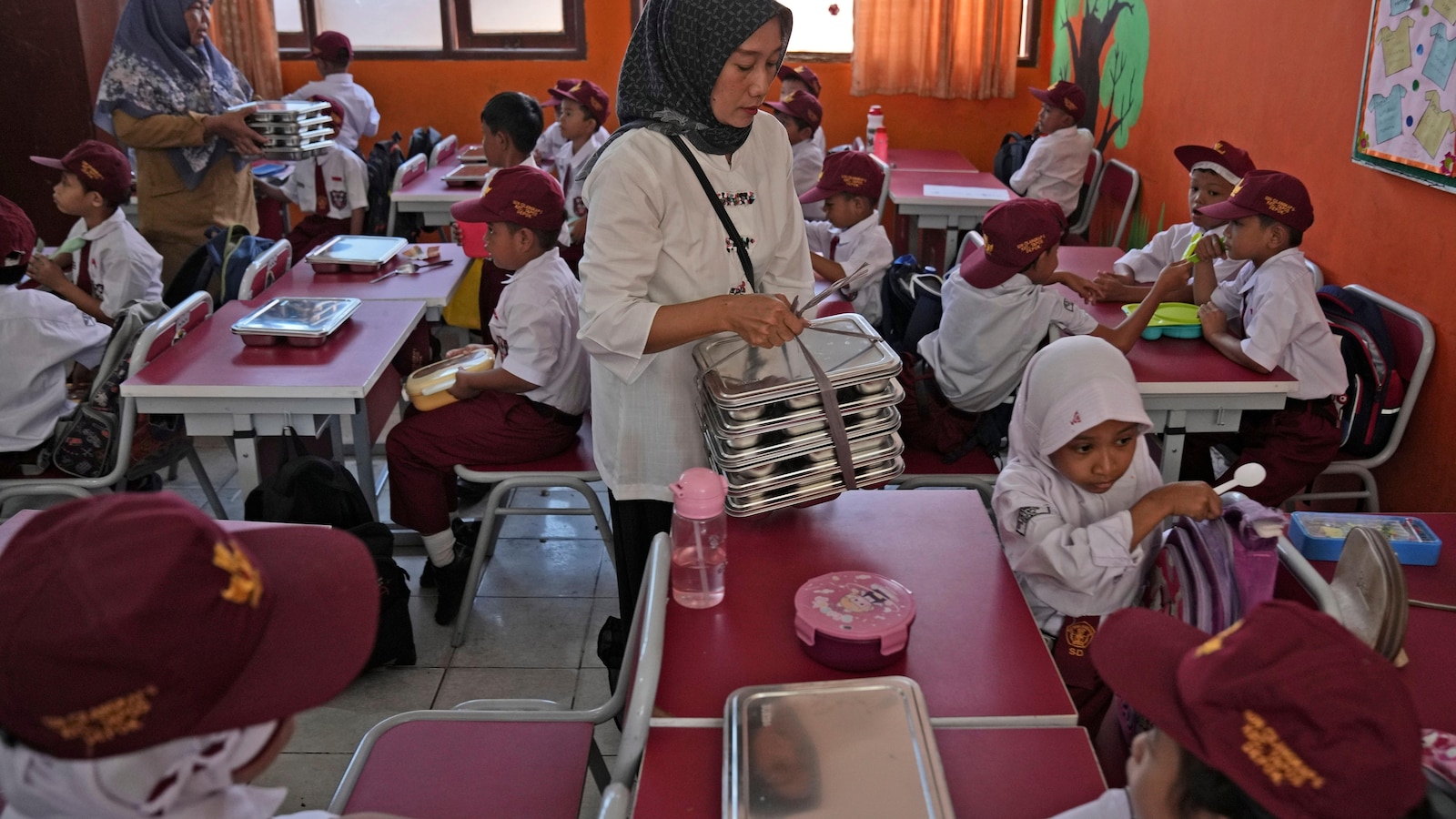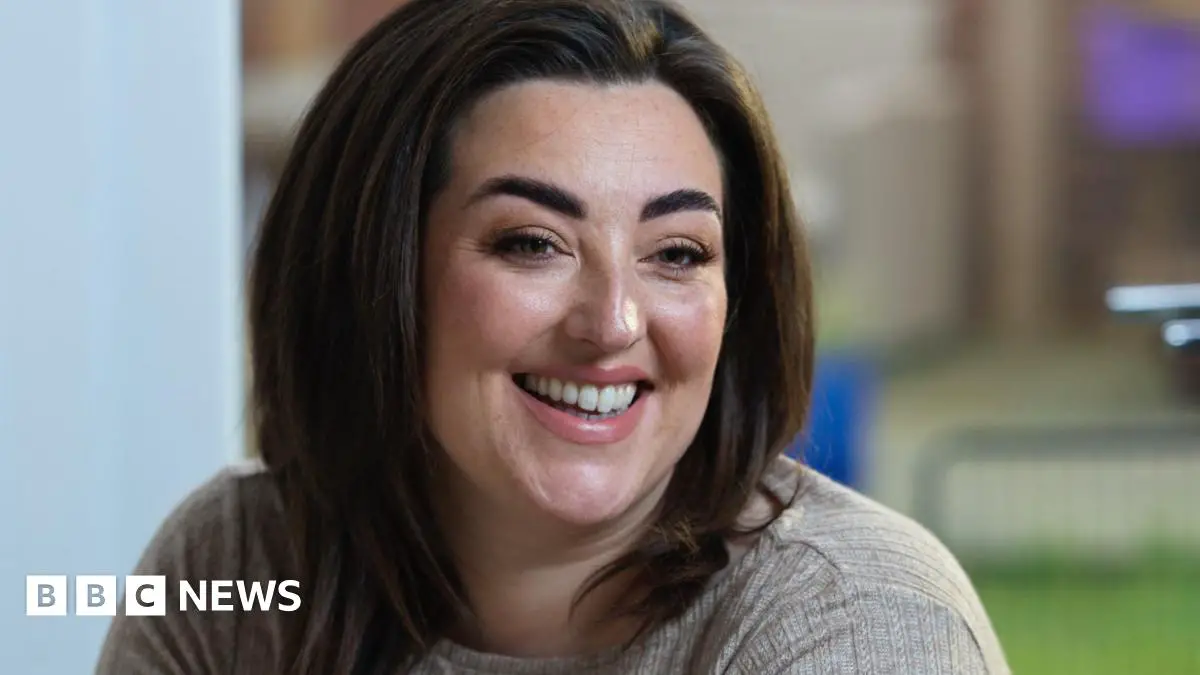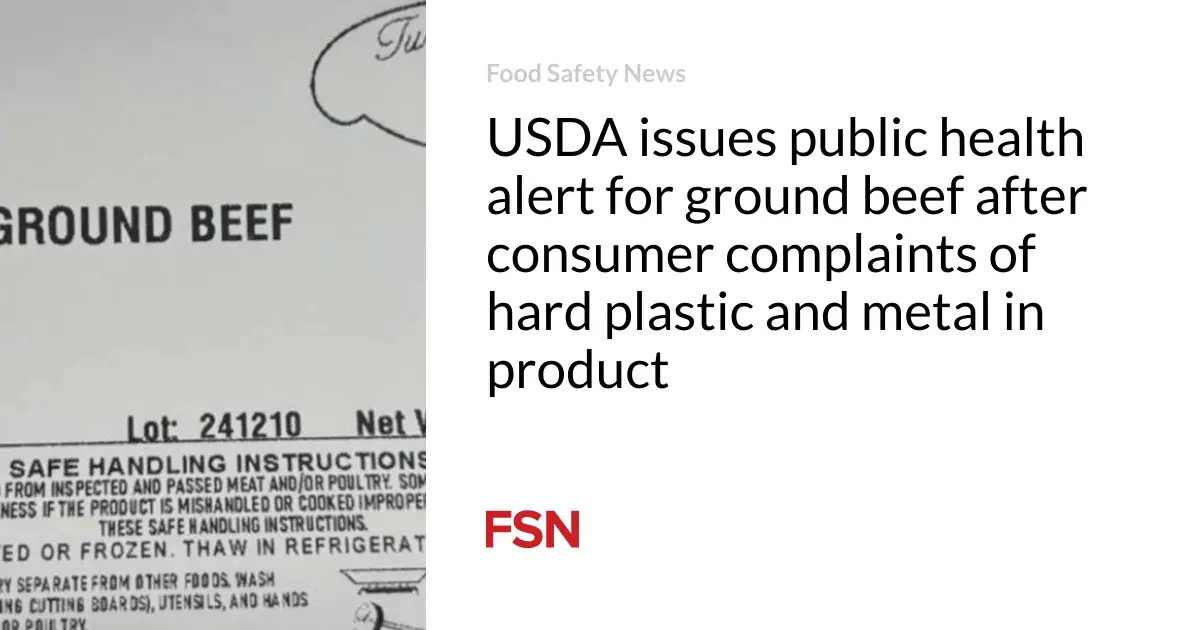

HONG KONG — Nelson Wells Jr. has spent almost a decade imprisoned in China.
In May 2014, the American traveled to the country from Japan, where he lived with his wife and three children, to seek medical treatment for a head injury he had sustained in a traffic accident. He was arrested and accused of trying to smuggle drugs out of the country as he was departing China from the city of Chongqing.
Wells, now 50, was initially sentenced to life in prison, after being convicted without an opportunity to tell his side of the story and with little evidence of his guilt, his family says on its website. In 2019 his sentence was reduced to a fixed term of 22 years, not counting time he had already served.
In brief phone conversations, his family gets glimpses of his deteriorating health: high blood pressure, dramatic weight loss, mental health issues and seizures that they believe are related to his accident.
“He’s hanging on by a thread,” Wells’s mother, Cynthia Wells, 69, told NBC News in a Zoom interview last week from the family’s home in Louisiana.
As Secretary of State Antony Blinken visited China this week for the second time in less than a year as part of efforts to stabilize the delicate relationship between the world’s two largest economies, American families such as the Wells had a more immediate concern: when, or whether, their loved ones detained in China will be coming home.
The situation for Americans detained in China is complicated by the fact that the two countries have no bilateral prisoner transfer agreement.
The Wells family gained new hope when they learned about a law China enacted in 2018 that set out a process for transferring foreign prisoners to facilities in their home countries on medical, humanitarian or compassionate grounds on a case-by-case basis, without the need for a bilateral agreement.
Wells’s father, Nelson Wells Sr., described the law as “promising” — while the younger Wells would still be in a U.S. prison, he would be closer to his family, have access to health and education services and perhaps be able to secure early release. All the family had to do, Wells Sr. said, was get the U.S. government to start a discussion about his case with China.
“It just takes somebody to break it down, to enforce it, and somebody to say, ‘OK, listen, let’s give it a shot,’” he said.
Early last month, Nelson and Cynthia Wells went to Washington for a series of meetings with their congressional representatives, the State Department, the Justice Department and others, to see what if anything could be done. They walked away feeling discouraged.
“They said, ‘This is not going to work,’” Wells Sr., 68, said.
A spokesperson for the State Department said the United States “has no higher priority than the safety and security of U.S. citizens overseas.” The State Department has not determined Wells to be wrongfully detained, but he is regularly visited by U.S. consular officials who monitor his treatment, health and safety, most recently in January, the spokesperson said.
Blinken said Friday that he had raised the cases of American citizens who are wrongfully detained or subject to exit bans during his China trip this week.
“President Biden and I will not rest until they’re back with their families where they belong,” he told reporters in Beijing.
The Justice Department told NBC News it was aware of the Wells case but declined to comment on the Chinese law.
The offices of Louisiana Sens. Bill Cassidy and John Kennedy and the office of Speaker Mike Johnson, who represents the Wells family’s district, did not respond to requests for comment.
A spokesperson for the Chinese Foreign Ministry said Wednesday that China is governed by the rule of law, that its judicial authorities handle all cases in accordance with the law and that “there is absolutely no such thing as ‘wrongfully detained.’” The Ministry of Justice did not respond to a request for comment.
“You just can’t tell me that these things that we have in front of us cannot work. I’m not a ‘cannot’ man,” Wells Sr. said. “I’m the type of person that fully believes that if you sit down and you put your mind to it, there are ways that we could actually make this happen.”
A starting point for cooperation
Peter Humphrey, a former journalist and corporate investigator from Britain who spent two years in a Chinese prison after being convicted on what he says were false charges of gathering illegal information, said that based on his research he estimates there are about 300 Americans detained or imprisoned in China, many of them for nonpolitical crimes that can carry much more severe sentences than in the United States.
Though China defends its judicial system as fair and impartial, Humphrey and other critics say due process rights are often violated in Chinese courts, which are controlled by the ruling Communist Party.
During a visit to Beijing last June, Blinken told CBS News that the U.S. and China were “actively talking” about three Americans in particular who Washington says have been wrongfully detained for years: David Lin, Kai Li and Mark Swidan.
Harrison Li, whose father, Kai Li, has been jailed in China since 2016 on spying charges that he denies, said he was not aware of any “meaningful progress” since Blinken’s last China trip and that “the biggest challenge we face as families trying to advocate for our loved ones is just the bureaucracy in our own country.”
“It’s dangerous to get our hopes up,” he said on Tuesday ahead of Blinken’s trip, “but we’re obviously hoping for the best.”
The State Department spokesperson declined to comment on ongoing efforts to bring home Li and other Americans considered wrongfully detained in China, citing the sensitive nature of the conversations.
The Biden administration has also been grappling with the detention of Americans in Russia, where high-profile cases include former Marine Paul Whelan and journalist Evan Gershkovich. WNBA star Brittney Griner was freed in exchange for an arms dealer in December 2022, almost a year after she was arrested in Russia on drug charges that she said were the result of an “honest mistake” in bringing cannabis oil into the country.
“We managed to get people from them, but it seems like we cannot get anybody from China,” Wells Sr. said.
There is currently little judicial cooperation between the U.S. and China, but the transfer of prisoners such as Wells “is an area that the U.S. should consider focusing on,” said James Zimmerman, a Beijing-based American lawyer who has been in China for more than 25 years and who has advised the Wells family.
“It could be an easy way to jumpstart judicial cooperation between the two countries, because the risks are low,” he said. “It is indeed based on reciprocity, but if an agreement is worked out, or if the treaty is worked out, you can set the guardrails for how the mechanics will work.”
Humphrey, who has also been working with the Wells family, said the Chinese law had been used successfully in the transfer home of prisoners from France. But the U.S. government might be reluctant to make use of it, he said, “because they’re afraid of what China might ask in return behind the scenes.”
Zimmerman said the U.S. might also be concerned that Chinese nationals in American prisons could in turn be pressured by Chinese authorities to say they want to be sent back to China under the transfer process, which requires consent by those being transferred.
“But at the end of the day, the benefits are going to be for the citizens, the U.S. citizens that are currently languishing in Chinese jail, a long, long ways from their families,” he said.
Even as the U.S. and China grapple with a range of issues, the Wells and other families hope their loved ones’ names were top of mind during Blinken’s trip.
“I want him to bring Nelson Wells Jr. home,” Wells Sr. said. “That’s what I want.”








